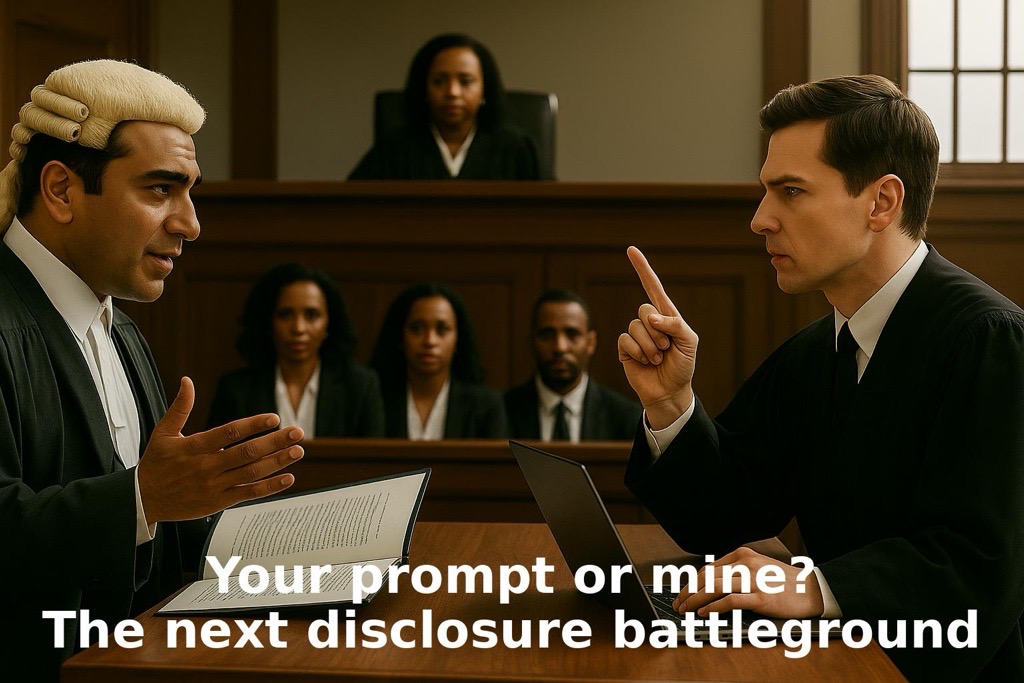1 min read
Your prompt or mine? The next disclosure battleground
Jamie Gunn : Jun 11, 2025 5:54:33 PM

For years, the battleground has looked familiar.
One side submits a list of keywords. The other side argues it’s too broad or too narrow. Eventually, both agree on a compromise — and document review begins.
But is there a new battleground coming to disclosure?
As general AI and large language models (LLMs) begin to take centre stage in disclosure workflows, keywords are being replaced by prompts — natural language instructions that guide the AI to interpret, assess, and retrieve relevant documents based on context, not just a search syntax. And while this feels like a leap forward in capability, it introduces an entirely new layer of legal complexity.
Prompts are not neutral.
They encode intention, assumptions, and framing. They can be crafted broadly, narrowly, or ambiguously. And just like a misleading search term, a poorly phrased prompt can skew results, limit discovery scope, or misrepresent the facts. Imagine this scenario:
- One side prompts: “Identify documents evidencing Donald’s knowledge of fraudulent behaviour.”
- Another prompts: “Retrieve all communications mentioning fraud or deception involving Donald.”
Both are investigating the same issue. But the scope, tone, and likely output could be worlds apart. So now we’re facing an important — and largely unresolved — question:
What happens when legal teams begin challenging each other’s prompts?
Are we heading toward a disclosure battle that includes:
- Disputes over prompt scope, bias, and completeness?
- Arguments about how instructions were recorded, changed, or executed?
- Pressure to produce prompt logs alongside document productions?
We may even see prompts become part of standard disclosure protocol — just like keyword schedules. And if a court determines a prompt was misleading, incomplete, or designed to avoid adverse documents, that could undermine an entire review set — or open the door to re-prompting and re-review. To prepare, legal teams must start treating prompts as legal instruments, not just tech inputs:
- Log them.
- Refine them collaboratively.
- Prepare to defend them.
Because in the coming years, disputes won’t only be about what documents were found — but how the AI was guided to find them.
If you are thinking about using prompts to discover new things about your case, please do not hesitate to contact us for more information.